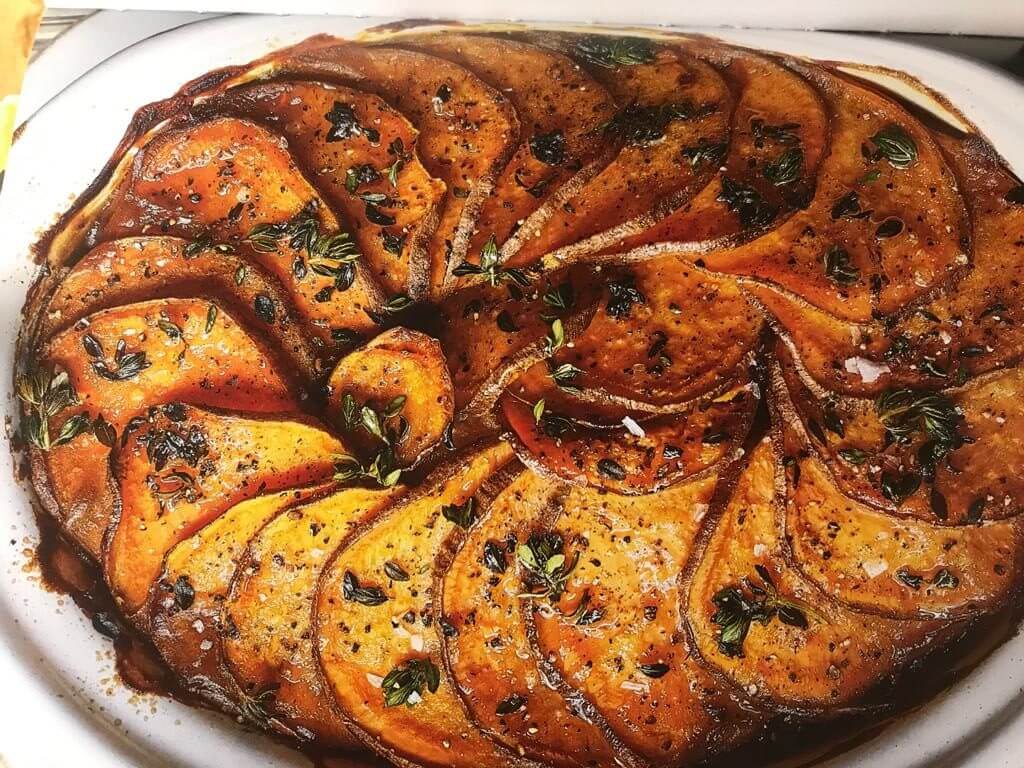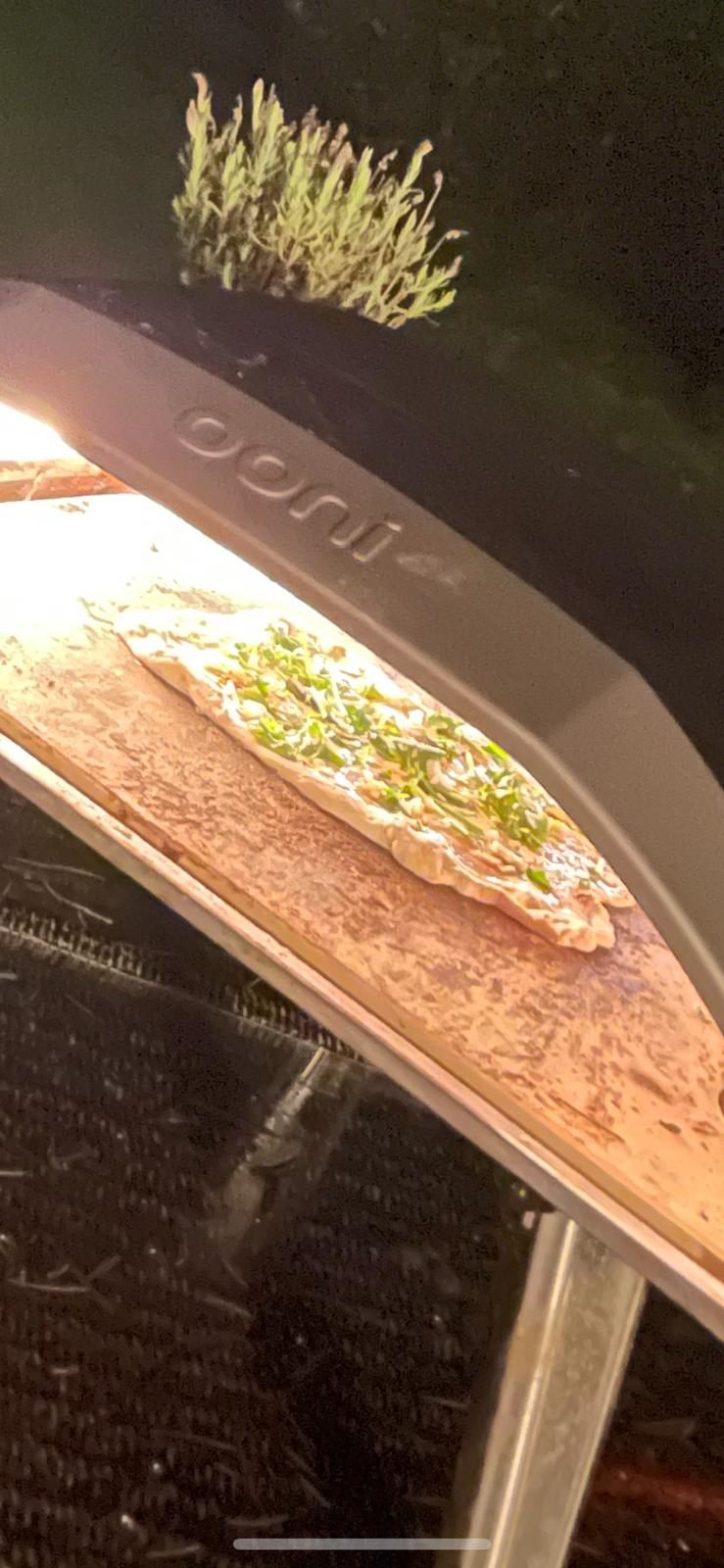At the start of a new year, many of us will be turning towards healthy new habits to try and make up for any over indulgence over the festive period. Following a vegan diet is becoming increasingly popular, and often hailed as a healthy lifestyle choice.
Veganuary2 was started back in 2014 by Jane Land and Matthew Glover and aims to educate the benefits of a vegan diet by encouraging people to only eat vegan during the month of January.
We know that for many with a bladder or bowel condition, eating vegan may seem daunting but with some careful planning and advice from a qualified dietician you can adapt this lifestyle to fit with you. So what are the facts about going vegan and what should you be aware of?
Before going vegan, there are three angles to consider:
- IBS and the effects of a plant-based diet
- Environmental impact of our diet
- Balanced Nutrition
For the purpose of this article we’ll focus on these three topics in more detail. There are many other reasons you may wish to explore a plant-based diet, and if you have experiences you wish to share, we’d love to hear from you.
Is a vegan diet good for IBS?
If you suffer with IBS, following a vegan diet may not be the answer, and could even make symptoms worse. The most important things to remember if you suffer with IBS, are:
- Follow a balanced diet – including protein, carbohydrates and plenty of fresh fruit and vegetables.
- Stay Hydrated (Drink 8 cups of liquid per day)
- Minimise stress levels
- Stay active – even a gentle walk each day can help
Some common vegetables and plant-based foods can cause IBS symptoms to worsen. You may wish to avoid onions, garlic, cauliflower, beans and pulses (such as chickpeas, lentils , baked beans and kidney beans). However, it’s important to find a source of protein and key vitamins and minerals if you’re going to follow a vegan diet.
The other challenge is that everyone’s sensitive gut is unique, and lots of other lifestyle factors and foods have an effect on how our gut functions. If you’re worried about making a change to your diet, always speak to your GP or contact a Registered Dietitian.
Going Vegan and the Environment
Following a vegan diet can actually benefit the environment. A study conducted by Yale School of the Environment found that plant-based diets produce 75% less heat-trapping gas, generate 75% less water pollution, and use 75% less land than meat-rich diets1.
The farming, processing and consumption of meat in the UK has a huge impact on the amount of CO2 released into the atmosphere according to research by Oxford University. They have made the bold statement that ‘‘having big UK meat-eaters cut some of it out of their diet would be like taking 8 million cars off the road’.
If it’s as simple as cutting down, then that could be a good way for people to start to explore a more sustainable diet and ease the strain on our global climate, provided they ensure their nutritional needs are still met.
You can find some great ideas for reducing meat in your diet (without eliminating it completely) in this article on BBC Good Food.
Veganism and Balanced Nutrition
Ensuring you get the right nutrition is important – which includes fluids – as part of a healthy, balanced diet. A common misconception is that it can be difficult to replace the protein in meat through a plant-based diet. In fact, you can find protein in many vegetables and plant-based meals, as well as a wide range of other minerals and vitamins2.
You may wish to try:
- Porridge, with a topping of nuts and seeds
- Including hummus in a salad to supplement protein
- Meat replacements such as tofu, tempeh or seitan. Be sure to check ingredients, for example seitan is not suitable for people with coeliac disease as it is made from wheat gluten3.
You may wish to gradually introduce plant-based meals into your diet and take note of any changes in your bladder or bowel health. If you need advice or support please speak to a Registered Dietitian before making long term changes to your diet.
We’d like to share some of our favourite recipes that we’ve been cooking this Veganuary.

Squash, lentil, mushroom and thyme casserole
(From Fearne Cotton’s Happy Vegan)
This is a good recipe to banish the cold on a winter’s day. Full of hearty vegetables and lentils topped with vegan cheese. It’s a good alternative to the Sunday roast and can feed a large family easily and quite cheaply.

Spinach, chickpea and tomato curry served with homemade garlic and coriander naan breads
This would make a healthier and cost effective alternative to your weekend takeaway. Chickpeas are great for bulking up a curry, are high in protein and fibre and are considered a superfood.
The garlic and coriander naan were made using a traditional naan bread recipe and then cooked in a pizza oven to give it more of an authentic flavour, plus it was super fun too!

Lentil Bolognese sauce
If you can’t go without your favourite Italian meal then this vegan bolognese sauce could be a great alternative for you. Red lentils are a great filling substitute to beef mince, are low in calories but still high in iron and an excellent source of protein. It’s packed full of extra veg too such as carrots and celery but you could add almost any other veg to really pack this sauce out.
To make this meal vegan friendly, choose vegan pasta or switch for brown rice.
We hope that’s given you some recipe ideas to help you explore plant-based diets and see you through Veganuary. Our team certainly had fun and haven’t missed meat at all when trying out these nutritious recipes.
References
1 Yale
4 BBC
